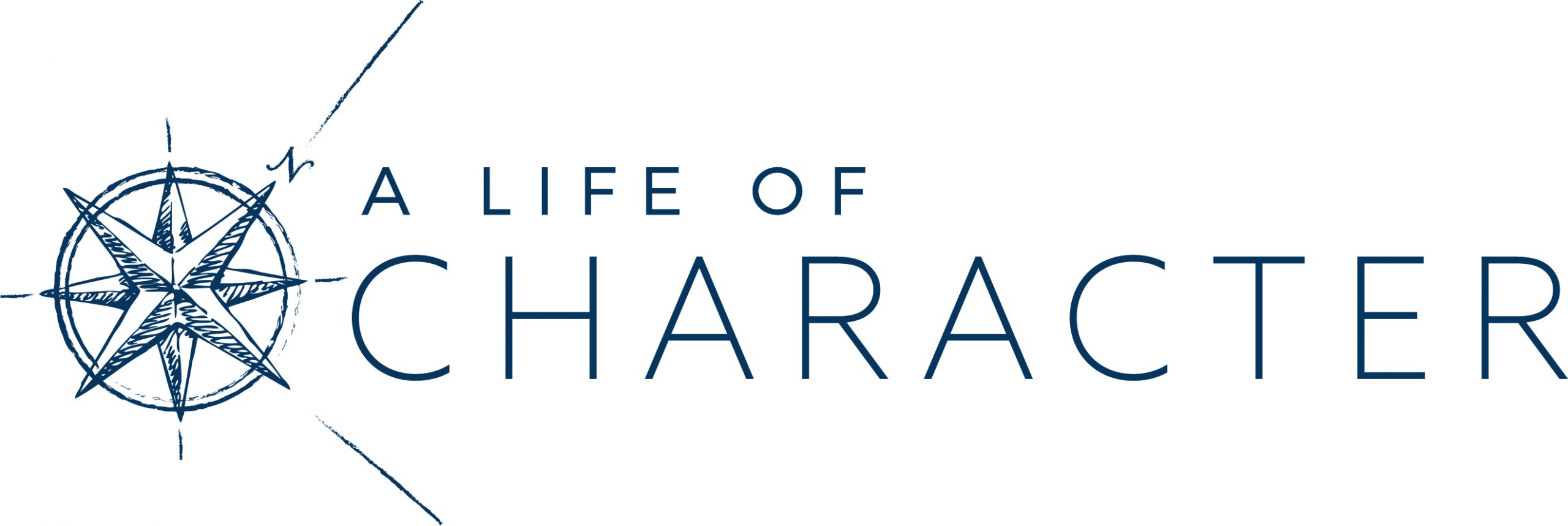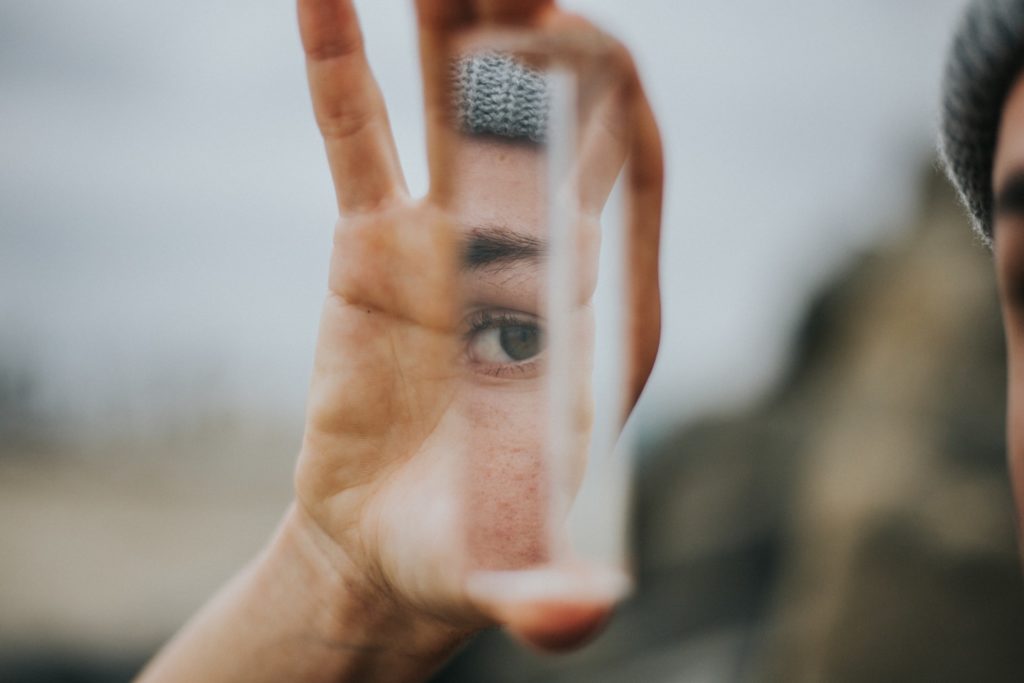How Shame Limits Self Knowledge
By Kate Lingren
Most of us don’t talk about bias or racism or sexism or homophobia much in our daily lives. There is often a lot of shame associated with discussing these topics, so we just don’t mention them. But avoidance doesn’t help us and doesn’t help our society, so we need to normalize the conversation around implicit bias. We need to release the shame. We need to be comfortable being uncomfortable, at least while we access, understand, and work through the biases that, unknowingly, are dictating our decision-making.
You have biased beliefs, and that’s OK. I have them, too. We all do.
While that might feel uncomfortable to admit – uncomfortable to think about, even – our implicit bias isn’t the issue. The issue is pretending we don’t have implicit biases. Biases exist in our attitudes and mindsets and come from many parts of our culture. They come from our families, our religious communities, the media we consume, our personal experiences, and they leave impressions that lead to assumptions about others.
But to be a person of character, we each need to pause and examine those assumptions and beliefs. That means letting go of the shame that comes from having an implicit bias.
Shame as a roadblock to character
Shame is the ultimate roadblock to accessing and understanding our own implicit bias. If I feel ashamed about an aspect of my personality, it’s only natural I wouldn’t want to “go there.”
When it comes to implicit bias, though, there’s nothing to be ashamed of, especially if you’re doing the work to unpack it and better understand how it drives your day-to-day actions and decisions. At its core, most implicit biases are protection-based: we believe that doing or not doing something, somewhere with someone, will keep us safer.
An example is that we don’t walk down certain streets at night. We believe, based on what we’ve seen, heard or experienced, that something about that street is unsafe. It may be true that a specific street is not safe at night. However, if we want to be able to talk about difficult topics, we need to pause and look for biases, too, because biases can be misleading. It’s not the street that’s scary; it’s the people on that street or what we think they represent that we’re afraid of.
We can’t access those biases if we allow shame to invade our thought processes. Once shame starts to bubble up, the entire deep dive stops.
To overcome this, we need to think about implicit bias as, first, protectors.
Understanding bias as a protector
Our biases are given to us as cultural shorthand so we can make assumptions about our surroundings. This is a protective action that makes decision-making simpler, but simpler is not necessarily better. Many implicit biases about people, while handy for us, are dangerous to others because they are not accurate. When we rely on them without examining their existence, they can perpetuate stereotypes that impede positive human connection. When we start examining our biases, we can start to see their impact. We can understand the biases we have so we can prevent them from influencing future decision-making ways that limit us or have a negative impact on others.
Instead of being influenced by implicit bias in an unobserved way, we can make decisions about things like where to go or where not to go from a conscious place. From that place of awareness, we can determine whether there’s an actual safety concern in a place where we’re walking or if our concerns are based solely on a bias.
At the same time, though, you’ll begin to see how implicit biases are limiting you from all sorts of people and experiences. You can go to that biased place—that scared, protector place—and show it that you don’t need to be afraid. Show it that there’s nothing to protect against.
That’s character.
Kate Lingren, LICSW is a clinical social worker in private practice and an activist working against bigotry in all its forms: racism, homophobia, heterosexism, transphobia, sexism, and classism among others. For the past 30 years, Kate has worked in full time private practice. She is a Certified Internal Family Systems therapist (IFS), and now teaches couple therapy using IFS around the US and in Europe. Kate also teaches IFS at Boston College’s School of Social Work.
Photo by Vince Fleming on Unsplash


